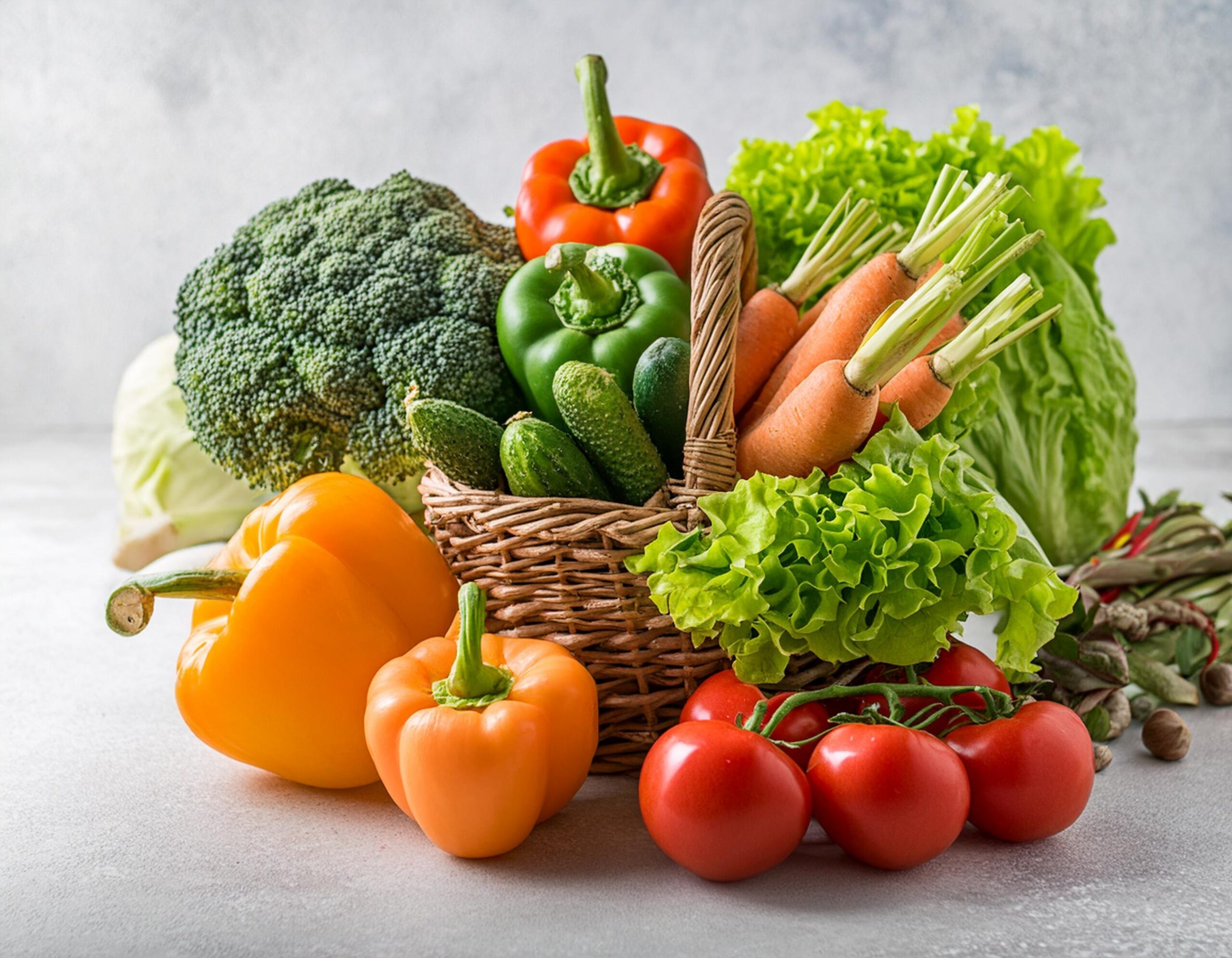
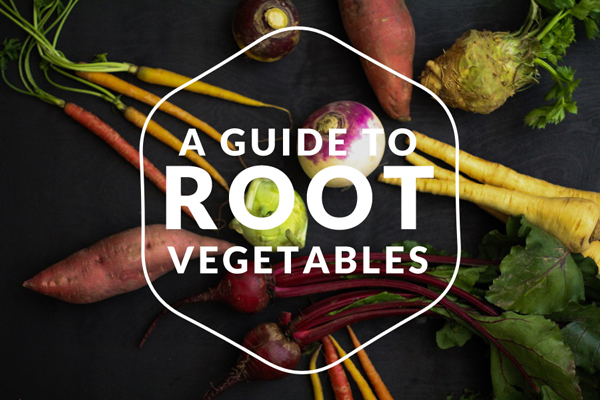
Packed full of nutrients, root vegetables are hearty, delicious, and healthy fall comfort foods. Here’s why they are so good for us this time of year – along with three tasty recipes.
When we think of winter eating, we often think of warm roasts, stews, and other satisfying comfort foods. And what ingredients do many of these dishes share? Root vegetables. Readily available all winter, they are often staples of hearty winter cooking. They also happen to be jam-packed with healthy nutrients to fight disease and keep you healthy all winter long.
One of the most versatile vegetables, onions can be used in almost any savory dish and add wonderful flavor to cooking. Research shows that the more onions you include in your recipes, the better. They are full of powerful nutrients, particularly phytochemicals like flavanols.[1] Flavanols are important antioxidants implicated in the prevention of diseases like cancer, high blood pressure, and more.[2] Specifically, onions have high levels of quercetin, a natural antihistamine, and red onions are rich in anthocyanin.[1,2]
Onions are also well-known for their antihistamine actions, which allow them to protect against allergic reactions. Some other health benefits of onions include inhibiting platelet aggregation, keeping blood sugar under control, fighting high blood pressure, lowering cholesterol, and serving as an antifungal and antibacterial agent.[3]
Try using chopped sweet onions as a condiment on tacos, curry, or salad. Onions make a wonderful flavor base; add them to your pan before the rest of your ingredients, or add to broth and sauces for rich flavor. Healthy nutrients are most concentrated in the outer layers of the onion, so remove as little as possible when peeling.[2]
The bright, orange color of carrots is associated with powerful health benefits. Carotenoids, responsible for the pigment in carrots, promote vitamin A activity, have immune-boosting effects, and decrease the risk of degenerative diseases. Carotenoids may be an inhibitor of Alzheimer’s disease.[4]
Carotenoids are also powerful antioxidants that fight cancer.[4] Higher carotenoid levels are associated with reduced risk of cancers, via a proposed mechanism of reduced oxidative stress and inflammation. One study found that people who drank eight ounces of carrot juice daily (about five carrots) had carotenoid levels at a level previously determined to protect against breast cancer.[4]
These cancer-fighting root vegetables are delicious raw or cooked. Try not to peel your carrots if possible, as the richest nutrients are found in the skin.[4] Scrubbing them well works well.
Turnips are part of the Brassica family, also known as cruciferous vegetables. Cruciferous vegetables are exceptional for health; they are known to be particularly effective for fighting cardiovascular disease and certain cancers.[6] Turnips, like other Brassica veggies, are good sources of phenolic compounds that have antioxidant, antimicrobial, and anticancer activities.[7] An important compound found in turnips is brassinin. Brassinin inhibits the growth and proliferation of cancer cells, which makes it a powerful tool for fighting tumors.[8,9]
With their purple skin and crunchy, white core, turnips can be eaten raw, where they offer a crisp texture and peppery flavor. Try using turnip wedges to dip in hummus or another healthy veggie dip. They are also wonderful cooked into soups or stews, roasted, or mixed into mashed potatoes for an added zing.
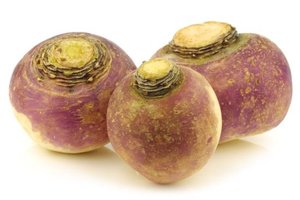
A rutabaga is a cross between a turnip and a cabbage, and it also belongs to the Brassica family of vegetables. High in antioxidants that fight cancer as well as vitamins, minerals, and fiber, rutabagas are more nutritious than many more common root vegetables like potatoes. In one study, rutabaga extracts inhibit tumor cell proliferation and promotes cancer cell death. Researchers conclude that, “rutabaga has potential as a nutritional supplement in cancer prevention.”[10]
Rutabagas are mild in flavor and can serve as a healthier alternative to potatoes in recipes. Roasted or baked rutabagas are a delicious addition to a meal and are great with a medley of other root vegetables to pair with a meat dish, such as roast chicken.
Like carrots, sweet potatoes get their orange coloration from carotenoids. β-carotene is a potent antioxidant important for cancer prevention.[11] Other antioxidants found in sweet potatoes include anthocyanins, which have powerful capabilities for treating high blood pressure.[12] Full of vitamins, minerals, and fiber, sweet potatoes have also been shown to reduce the glycemic response, meaning these vegetables can be used to help control blood sugar.[13]
Try mashed sweet potatoes or simply bake a sweet potato as a side to your meal. Sweet potato can be pureed to incorporate into sauces and condiments, and it blends well into soups or stews for rich flavor.
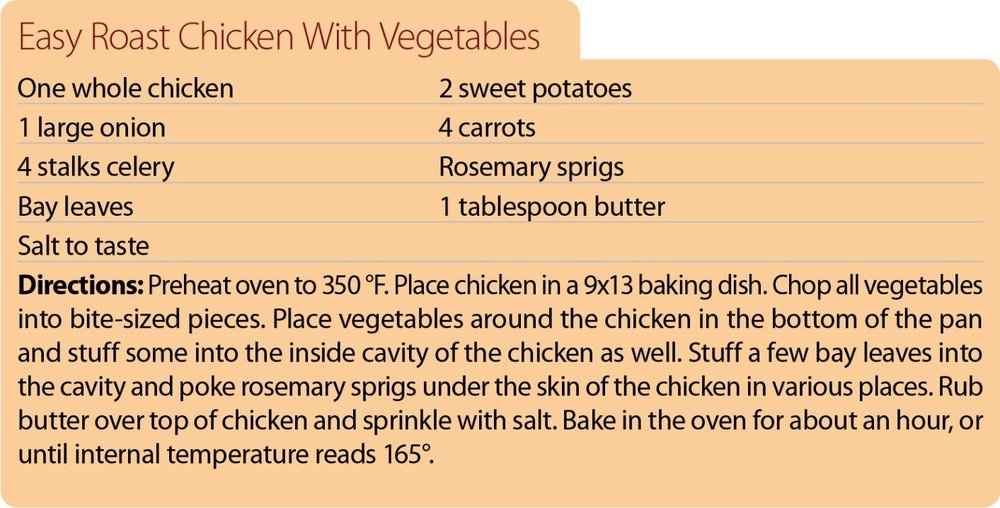
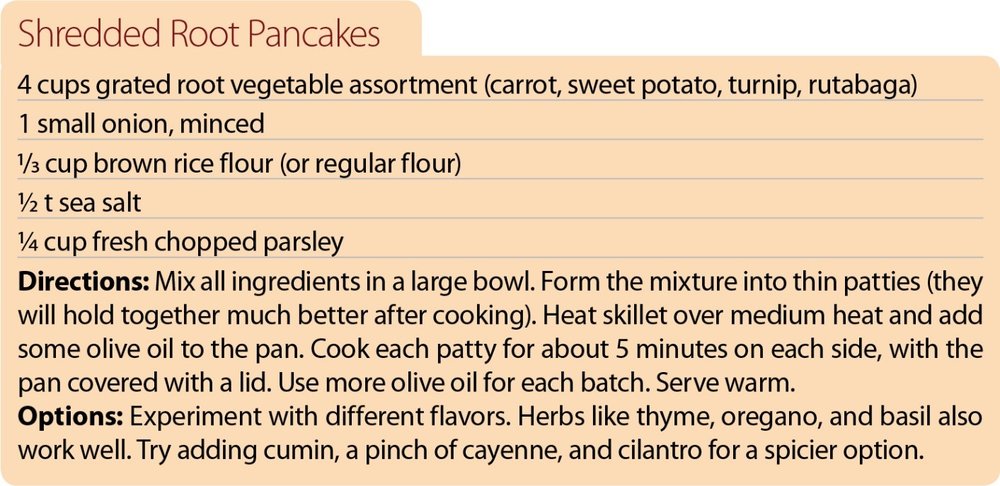
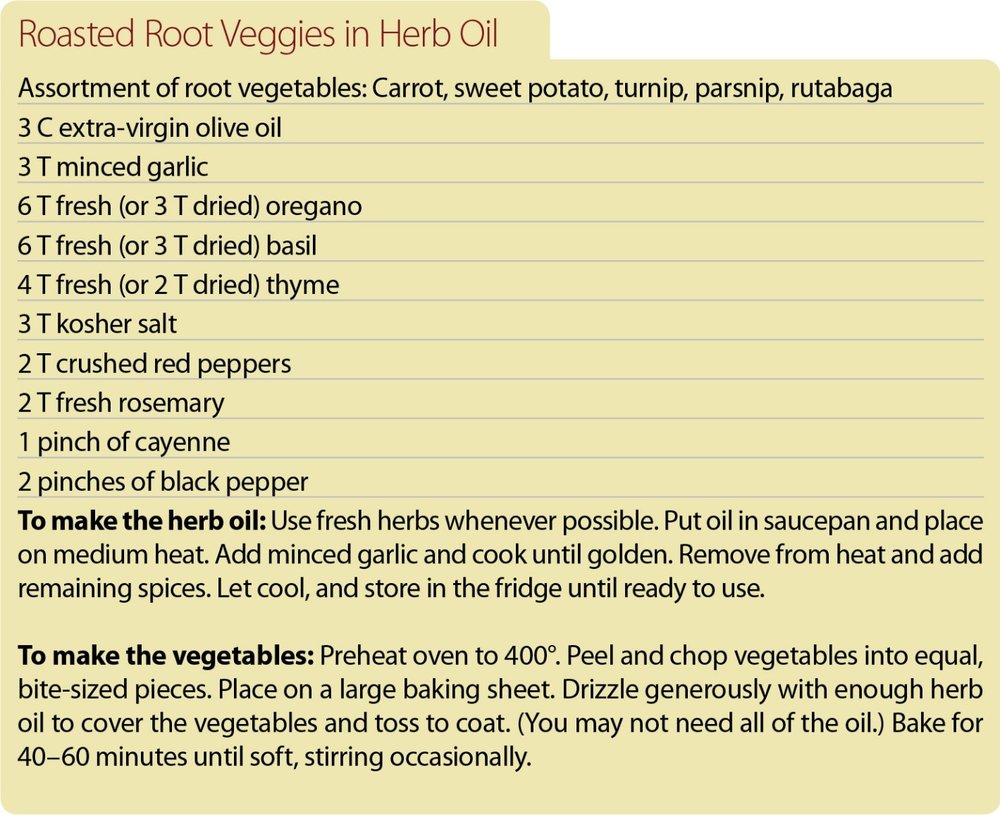
Create healthy meals designed for your metabolic type and the season with my Ayurveda Meal Plan! Discover the super-foods that can bring you better health and a longer life. Try the first two weeks for free!
TRY MY AYURVEDA MEAL PLAN – 2 WEEK FREE TRIAL
1. J Agric Food Chem. 2007 Dec 12;55(25):10067-80.
2. Phytother Res. 2002 Nov;16(7):603-15.
3. J Med Food. 2009 Apr;12(2):374-82.
4. J Food Sci Technol. 2012 Feb;49(1):22-32.
5. Nutr Cancer. 2012;64(2):331-41.
6. J Chromatogr A. 2009 Sep 18;1216(38):6611-9.
7. Food Chem. 2015 Apr 15;173:185-93.
8. Int J Oncol. 2012 Mar;40(3):816-24.
9. Toxicol In Vitro. 2014 Aug;28(5):909-15.
10. J Med Food. 2013 Aug;16(8):749-59.
11. Molecules. 2011 Feb 18;16(2):1710-38.
12. Adv Food Nutr Res. 2007;52:1-59.
13. Food Funct. 2014 Aug 20;5(9):2309-16.
Originally published in February 2016 and updated for University Health News

The Holistic HIghway integrates traditional Western medical practices with Ayurveda medicine, creating a focus on prevention through nutrition, diet, and exercise; use of the latest genetic testing and other diagnostic techniques; and prescribed combinations of botanical medicines, supplements, therapeutic diets, detoxification programs, or stress-management techniques.

Integrative Health Expert | Ayurveda Practitioner | Author | Speaker
Kerry is a globally recognized leader in integrative medicine and the science of health known as Ayurveda. She is passionate about raising awareness of the need for a change in contemporary medicine that focuses on patient empowerment and a health-based (rather than disease-based) medical system.
Kerry is connected with The University of Pittsburgh Center for Integrative Medicine and remains a pioneer in the field of integrative medicine where she has developed a personalized system to manage chronic disorders by incorporating fundamental changes in diet, behavior, and stress while focusing on genetics.
This individualized program is so successful that many of her clients have achieved maximum healing and vitality after years of chronic problems!
More to Explore
Contact
Disclaimer
The sole purpose of all the website content is to educate and provide information about Integrative Health, Genetics and Ayurveda.This information is not intended for use in the diagnosis, treatment, cure. or prevention of any disease.
Stay Connected